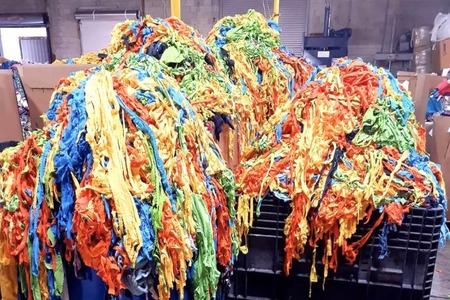
Researchers to recycle carbon fiber into valuable products
YarnsandFibers News Bureau 2024-12-30 16:04:45 – USAScientists at the University of Southern California (USC) have developed an innovative process that uses a special fungus to recycle carbon fiber materials, which often end up in landfills. The process transforms these materials into useful products, addressing a significant waste management challenge. According to USC Today, this method could reduce the environmental impact of discarded carbon fiber materials commonly found in car panels and light rail vehicles.
The study, conducted in collaboration with researchers from the University of Kansas, presents a sustainable way to repurpose carbon fiber materials. Instead of allowing these materials to decay in landfills, the fungal-based process breaks them down and converts them into valuable resources. If implemented on a larger scale, this approach could significantly cut down the volume of waste entering landfills.
The need for this solution is urgent due to the increasing volume of composite waste. USC Today highlights that by 2030, around 6,000 to 8,000 commercial planes containing composite materials will be retired. Additionally, by 2050, decommissioned wind turbines are expected to generate 483,000 tons of composite waste. The fungal process could intercept this waste before it ends up in landfills, offering a sustainable way to manage these materials.
Market Intelligence
Ask for free sample Report

experience
Customer Base
dedicated team
Countries Served Worldwide









